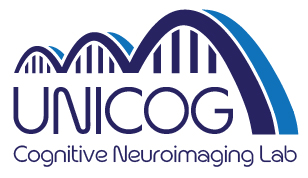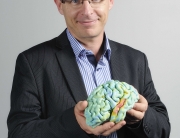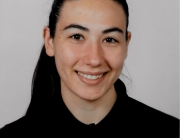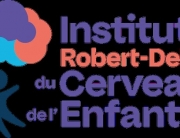Maxime was a PhD candidate under the supervision of Florent Meyniel and Stanislas Dehaene. He seeks to understand (1) how humans detect and identify temporal regularities that occur in their environment, (2) how these regularities are then leveraged to make accurate predictions of the future and (3) how these predictions in turn allow a more efficient processing of new information as well as improve decision-making. To those ends, he uses computational modeling, in particular probabilistic inference, to guide the design of the experiments he is conducting. Practically speaking, he presents human subjects with auditory or visual sequences characterized by different types of regularity while recording various behavioural (binary responses, finger-tracking, …) and neural measures (MEG, fMRI). He then dissects those recordings in search for normative signatures of the inference of regularities. On the side, he also gives a great deal about possible translations of his findings, in particular to psychiatry.
Contact Info
INSERM-CEA Cognitive Neuroimaging unit CEA/SAC/DSV/DRM/Neurospin center Bât 145, Point Courier 156 F-91191 Gif-sur-Yvette Cedex FRANCE
Phone: +33 1 69 08 16 74
Fax: +33 1 69 08 79 73
Recent Posts
- Stanislas Dehaene elected Honorary Member of the Hungarian Academy of Sciences (MTA)
- Manon Pietrantoni received the ENS Paris-Saclay Research Prize in recognition of the outstanding quality of her research conducted during her internships, as well as for her MedTech startup projects, which earned her awards in the Université Paris-Saclay competitions in 2022 and 2023.
- Virginie van Wassenhove awarded an ERC Synergy Grant Talents
- 10 January 2025 Sophie Herbst defended her HDR
- 17 March 2025 Stanislas Dehaene received the 2025 Lewis Thomas Prize for writing about science







